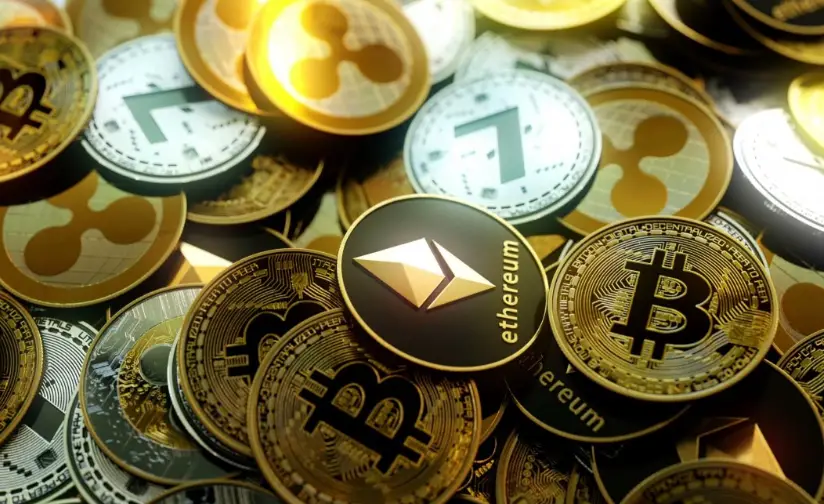Understanding Ethereum Tokens: Unlocking the Power of Decentralized Innovation
Ethereum, the pioneering blockchain platform, not only serves as the foundation for the second-largest cryptocurrency, Ether (ETH), but also provides a fertile ground for the creation of a diverse range of digital assets known as Ethereum tokens. These tokens represent unique assets, assets, or utility within the Ethereum ecosystem and have played a pivotal role in driving innovation, powering decentralized applications, and revolutionizing various industries. In this blog post, we will delve into the world of Ethereum tokens, exploring their characteristics, types, and the transformative impact they have on the blockchain landscape.

- Ethereum’s Token Standards: Ethereum tokens adhere to established standards that define their functionalities and interactions with the Ethereum network. The most common token standards are ERC-20, ERC-721, and ERC-1155, each serving specific purposes.a. ERC-20: The ERC-20 standard is the most prevalent and widely adopted token standard on Ethereum. It defines the basic functions and rules for fungible tokens, which are interchangeable and divisible, making them ideal for use as digital currencies or representation of assets.b. ERC-721: Unlike ERC-20 tokens, ERC-721 tokens are non-fungible, meaning each token is unique and cannot be exchanged on a one-to-one basis. These tokens are often used to represent collectibles, digital art, and unique assets in decentralized games.c. ERC-1155: The ERC-1155 standard combines the features of both ERC-20 and ERC-721 tokens. It allows for the creation of both fungible and non-fungible tokens within a single smart contract, providing greater flexibility and efficiency for certain applications.
- Types of Ethereum Tokens: Ethereum tokens encompass a broad spectrum of use cases, each serving specific purposes within the decentralized ecosystem:a. Cryptocurrencies (Utility Tokens): Some tokens, like stablecoins, are designed to maintain a stable value by pegging it to an external asset, such as a fiat currency or a commodity. These tokens are used for transactions within decentralized applications and provide users with price stability.b. Security Tokens: Security tokens represent ownership of traditional financial assets, such as stocks, bonds, or real estate. These tokens are subject to regulations and offer a way to tokenize and trade traditional assets on the blockchain.c. Non-Fungible Tokens (NFTs): NFTs are unique digital assets that cannot be exchanged on a one-to-one basis. They have gained popularity in digital art, gaming, and collectibles, enabling true ownership and provenance of unique digital creations.d. Utility Tokens: Utility tokens grant access to specific services or functionalities within a decentralized application. They are used as a means of payment for certain services or as proof of membership within a platform.
- Creation and Deployment of Ethereum Tokens: Creating Ethereum tokens involves deploying smart contracts on the Ethereum blockchain. Developers use programming languages like Solidity to define the token’s features, including total supply, name, symbol, and functionalities. Once deployed, tokens are distributed to users through token sales or airdrops.
- The Impact of Ethereum Tokens: Ethereum tokens have ushered in a new era of decentralized innovation and empowerment. They enable developers to build decentralized applications with token economies, incentivizing user participation and fostering community engagement. Additionally, tokenization has opened up new investment opportunities and liquidity for traditionally illiquid assets.
Conclusion:
Ethereum tokens are the lifeblood of decentralized applications and the catalysts driving innovation across various industries. Whether representing digital currencies, unique digital assets, or access to platform services, these tokens have unlocked new opportunities and transformed how we interact with the blockchain ecosystem.
As Ethereum continues to evolve and new token standards emerge, the tokenization of assets and services is likely to expand further, reshaping the future of finance, gaming, art, and beyond. By embracing the power of Ethereum tokens, we embrace a decentralized world that empowers individuals, promotes inclusivity, and democratizes access to value and opportunities.